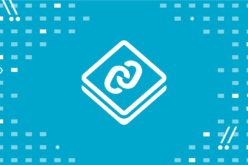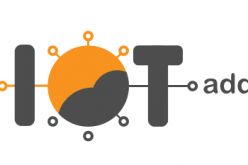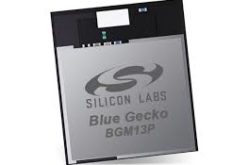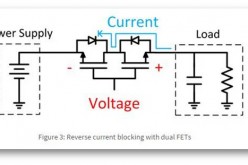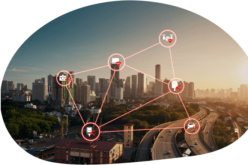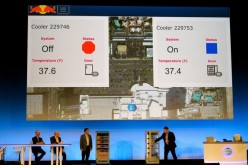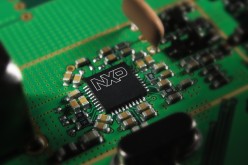PostgreSQL: The Compelling Choice to Elevate Modern IoT Applications
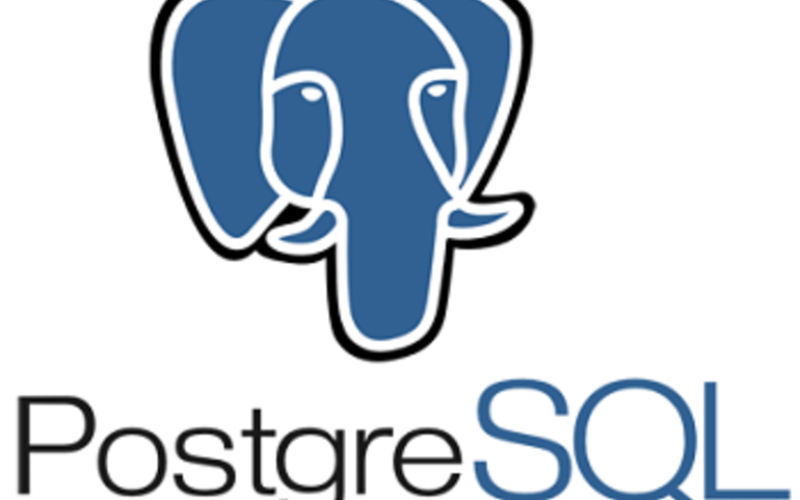
In a rapidly evolving world driven by the Internet of Things (IoT), the need for efficient data management solutions has never been more critical. Traditional specialized time-series databases once ruled the IoT landscape, but a new contender has emerged to revolutionize the way IoT data is handled: PostgreSQL.
The IoT Revolution
The Internet of Things (IoT) has transformed industries, sparked innovation, and redefined business operations. From smart cities to precision agriculture, IoT has opened up a world of possibilities. Yet, it also brings the challenge of effectively managing the continuous streams of time-stamped data generated by countless sensors and devices.
In sectors like supply chain management, energy, and agriculture, IoT-powered sensors provide real-time insights, optimize processes, and enhance efficiency. However, centralizing and managing the vast amounts of data produced by these devices has been a complex task.
The Era of Custom Databases
Historically, custom databases were developed to handle IoT data. These databases, while specialized, had limitations. They often sacrificed data immutability, required unique query languages, and downsampling methods, resulting in the loss of valuable data. Furthermore, data stored in these databases became isolated, making it challenging to integrate with other datasets.
The Power of PostgreSQL
PostgreSQL, a versatile and open-source general-purpose database, has now stepped into the IoT arena. Recent developments have empowered PostgreSQL to handle time-series data seamlessly, eliminating the need for complex, specialized databases.
Benefits of PostgreSQL for IoT
- Proven Resilience and Trustworthiness: With a legacy spanning over two decades and a thriving community of contributors, PostgreSQL is known for its reliability, making it a trustworthy choice for IoT applications where data integrity is paramount.
- Adaptability for Diverse Data Types: PostgreSQL supports various data types, including JSON and geospatial data, accommodating the diverse formats of IoT data. This adaptability facilitates comprehensive analytics across multiple datasets.
- Ecosystem and Connectivity: PostgreSQL boasts a vibrant ecosystem of tools, extensions, and connectors, ensuring seamless integration with other technologies commonly used in IoT deployments. This compatibility fosters a cohesive IoT architecture.
- Time-Series Features in a Relational World: Equipped to handle time-series data, PostgreSQL combines the strengths of both worlds. It offers fast data ingestion and querying, supports data updates, lossless compression, downsampling, and time-based aggregate queries.
In the IoT era, where data reigns supreme, PostgreSQL is emerging as the reigning monarch of modern data management. Its recent developments and extensions make it the compelling choice to elevate IoT applications, providing efficiency, versatility, and cost-effectiveness in one comprehensive package. As IoT continues to shape the future, PostgreSQL is poised to lead the way in data management for the connected world.






